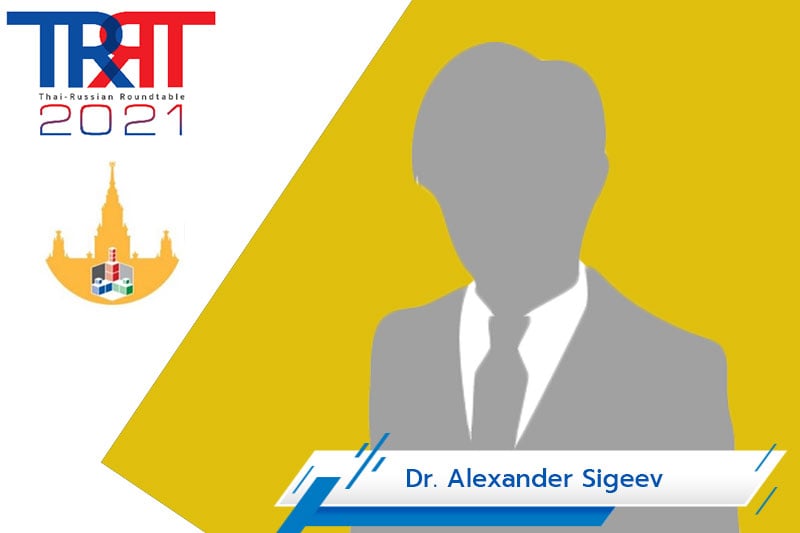Abstract of Dr. Alexander Sigeev
Visualization of Chemical Experiments in Distant Learning: Can We Give Students Practical Experience Without Practice?
Dr. Alexander Sigeev
Chemistry Department, Kolmogorov School of Moscow State University (AESC MSU) Moscow, Russia
Abstract
Chemistry is an experimental science, thus teaching chemistry requires a lot of on-campus practice work. Therefore, the coronavirus disease (COVID-19) outbreak has had a significant impact on teaching efficiency. Practice work gives students lots of unique experiences, such as a sense of substance and practice skills. Some parts of chemistry, we can teach theoretically and distantly, more or less, but some of them cannot be done. The analytical chemistry is belonging to the last ones. Qualitative analysis requires visual experience of the analytical signal. It is well known that textual information is perceived worse than graphical. Moreover, an exact description of the visual appearance of substance in chemistry is a rather challenging task. In ordinary textbooks, we can find such phrases as "white precipitate" or "curdy/jellylike precipitate". It does not reflect other visual properties of the reaction such as concentration dependence, rate of precipitation and so on. The obvious decision, in this case, is to use photo documentation of the process. To our surprise, we revealed that it was an unsolvable problem. We cannot find a representative set of reliable images for analytical chemistry. Even in the sources pretending to be trusted, we can find low-quality images of not real, but looks like precipitates. To solve this problem, we start to document analytical reactions and create a gallery of them. This allows us to solve several key problems. First of all, this gives our students the possibility to see analytical reactions in out-campus learning. Such albums can be useful in general schools where teachers have not had enough materials for practice work. It also can be helpful in the teaching of inorganic chemistry. A lot of compounds are inaccessible in schools due to their toxicity or cost. So, teachers were limited by textual descriptions in books. Gallery of exotic compounds gives them the ability to exhilarate the teaching process. To conclude, we cannot really substitute practice work by online learning but we can give some types of experimental experience to our students via photo documentation.
Keywords: analytical chemistry, photo documentation, COVID-19, practice work




